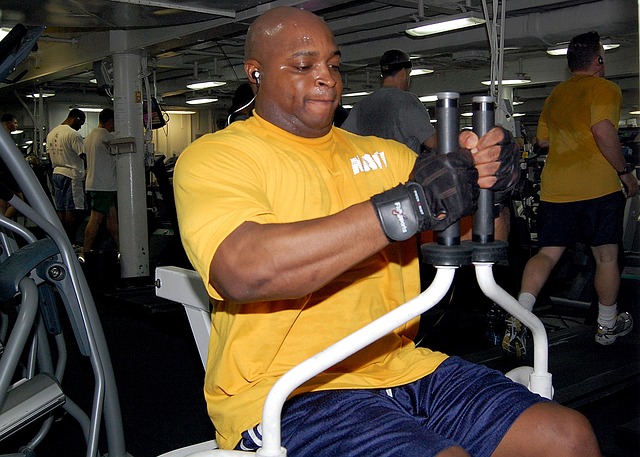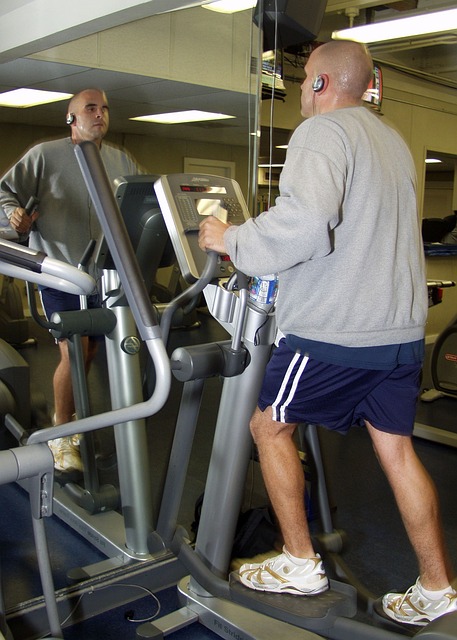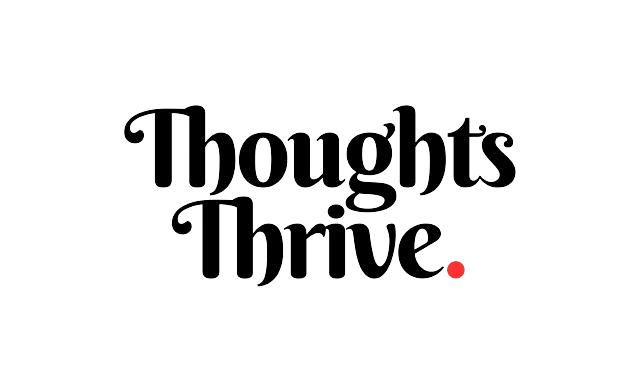Can You Lose Weight Fast?
You want to lose weight now. You want to do it safely. But how?
Losing Weight Safely
(how to lose weight fast )
Many specialists believe it is preferable to reduce weight gradually. It is more likely to remain off. According to the Academy of Nutrition and Dietetics, losing weight too quickly will result in muscle, bone, and water loss rather than fat loss.
The academy recommends losing 1-2 pounds each week and avoiding fad diets or items that make unrealistic promises. It is better to base your weight loss on adjustments that you can maintain over time.
To achieve faster results, consult a doctor to ensure you stay healthy and get the required nutrients.
(How to lose weight fast)Make a Weight Loss Plan

You’ve definitely heard the phrase “calories in, calories out” — meaning you just need to expend more calories than you consume.
However, many people can attest that it is not that straightforward.
When it comes to losing weight, both nutrition and exercise are essential. Eating less calories has a more immediate impact, but keeping active will help you keep the weight off. Exercise, of course, offers numerous benefits for your body and mind, whether you are attempting to lose weight or not.
It is also important to consider your metabolism, or how well your body converts calories to fuel. If you eliminate too many calories, you not only miss out on nutrients, but you also slow down your metabolism, making long-term weight loss more difficult.
There are numerous strategies to begin losing weight healthily and without drastically reducing your calorie intake. You could do:
- Cut back on portions.
- Determine how many calories you consume daily and reduce your intake.
- Read food labels to determine how many calories are in each serving.
- Drink more water, so you’re not so hungry.
Whatever approach you choose, you’ll need to prioritize healthy foods like vegetables, fruits, whole grains, and lean proteins. However, there is no one-size-fits-all regimen for healthy eating. Working with a dietician is a fantastic idea for developing a plan that addresses your individual needs. And when you create a healthy weight loss plan, you must stick to it. To become and remain healthy, the tendency must persist over time, not only for a week or a month.
That means you’ll need one important thing: motivation. What motivates you to lose weight and stay to your plan? According to research, people are more likely to maintain weight loss when they have their own motivations rather than simply following the advise of a healthcare expert.
So, think about your motives. Are you at high risk for heart disease or diabetes and determined to avoid them? Would you like to feel better in your clothes? Play more freely with your grandchildren? Whatever it is, write it down and place it somewhere you’ll see it every day.
According to studies, setting goals along the way and rewarding yourself for achieving them increases your chances of staying motivated.
Weight Loss Support
Many applications can help you keep track of your eating habits. You can use your smartphone to stay on track with your strategy because you are likely to have it with you at all times. Alternatively, keep a pen-and-paper food log detailing what and when you ate.
You’ll also want to have supporters to keep you encouraged and cheer you on. So, encourage your family and friends to support your weight-loss attempts.
You might also wish to join a weight loss support group where you can discuss your progress with others who can relate. Or speak with someone you know who has lost weight in a healthy manner. Their enthusiasm is contagious in a positive manner.
Eating Habits for Weight Loss

At its most fundamental level, food is fuel. It provides you the motivation to do things. However, very few people eat for that purpose. Food is present at all social gatherings. And it’s where many of us go when we’ve had a bad day.
You’ll need to understand what makes you desire to eat when you’re not hungry and prepare a strategy for those times. You should also adopt some of the other weight-loss routines that have been shown to be effective.(how to lose weight fast )
Discover what drives you to eat.
What triggers you? Do stress, anger, anxiety, or sadness make you crave food? Or is food your primary reward when something good occurs?
Try to recognize when such feelings arise and make a plan to do anything other than eat. Can you go for a walk? What about texting a friend?
Reward yourself for making better decisions.
Get yourself a bouquet of flowers or see a weeknight movie. Just don’t provide food as a reward.
Eat more frequently.
This may sound counterintuitive, but eating 5-6 times a day can help you avoid hungry. You might distribute your calories evenly across all of those mini-meals, or make some larger than others. You’ll need to arrange your portions so you don’t overeat.
Eat mindfully.
Enjoy your meals. Observe how it smells, tastes, and feels in your mouth. Take note when you start to feel full. Being conscious of your food in this way may help you lose weight while also making dining more enjoyable.
Limit portion sizes.
If you consume a lot of restaurant meals or are accustomed to overflowing platters of food at home, you might be surprised to learn what nutritionists consider a proper portion size. A serving of protein, such as a hamburger patty or chicken breast, should be the size of a deck of cards. Half a cup is the serving size for cooked pasta. Sticking to smaller meals like this can help you lose weight.
Use small plates.
Serving modest quantities on smaller dishes helps them appear larger. Some research, although not all, suggest that this is an effective weight-loss technique.
Eat more slowly.
According to research, slow eaters consume fewer calories and are less likely than quick eaters to be obese.
Avoid eating late in the night.
People who eat late at night are more likely to develop obese. According to some study, eating at night might delay calorie expenditure, increase fat accumulation, and make you feel more hungry throughout the day.(how to lose weight fast )
Accept setbacks in stride.
Weight loss setbacks are natural and expected. Even people who are consistently losing weight often reach a plateau after a few months, and almost everyone deviates from their food or exercise routines on occasion. If this occurs, try to take a modest step back towards your goals. Call on your support network for encouragement. Try not to become mired down in negative ideas.
Diet for Fast Weight Loss
To reduce weight, you do not need to go vegan, gluten-free, or avoid any one dietary group. In fact, if it’s something you can live with long-term, you’re more likely to lose the weight permanently. Despite the need for rapid weight loss, fad diets and regimens that promise quick results are not the solution. You are unlikely to stick with them, and they may deprive you of necessary nutrients.(how to lose weight fast )
However, it makes sense to reduce or eliminate empty calories.
Foods to avoid while trying to lose weight:
Sugary foods. These are the sugars found in cookies, cakes, sugar-sweetened drinks, and other products, rather than the sugars found naturally in fruits. Sugary foods are frequently high in calories but low in nutrients. Aim to consume fewer than 10% of your daily calories from added sugars.(how to lose weight fast )
Carbohydrates of lower nutritional value. You do not have to avoid carbohydrates, but you may be picky about your selections. Whole grains, for example, are preferable to highly processed foods since processing removes vital minerals such as fiber, iron, and B vitamins — though some may be added back, as in “enriched” bread. Also, search for foods with a low glycemic index, which means they digest more slowly and are less likely to spike your blood sugar. Green vegetables and most fruits have a low glycemic index, but potatoes and white grains have a high one.
Drinks with high calorie counts. One simple strategy to lose weight quickly is to avoid liquid calories like soda, juice, and alcohol. Replace them with calorie-free beverages such as lemon water, unsweetened tea, or black coffee.
When compared to sugary beverages, diet drinks contain fewer calories. However, if you grab for a cookie or other treat because you are still hungry or believe you have saved enough calories for it, your plan fails.(how to lose weight fast )
What to eat to lose weight:
Protein. It’s enjoyable and will help you maintain your muscles. Vegetarian and vegan options include nuts, beans, and soy, as well as lean meat, chicken, fish, and dairy.
Most Americans consume adequate protein, but it could come from leaner sources. You might already have plenty in your diet. Your protein requirements vary depending on your age, gender, and level of physical activity.
Good fats. Small amounts of fat can make you feel fuller and less like you’re dieting. The best options are seafood, nuts & seeds, and olive oil. Those contain unsaturated fats, notably polyunsaturated and monounsaturated fats.
Fiber.Fiber can be found in vegetables, whole grains, fruits, and other plant foods. Some have more than others. Artichokes, green peas, broccoli, lentils, and lima beans are all excellent sources. Raspberries are the most popular fruit among consumers.
Meal replacements. If you don’t make up the calories elsewhere, these smoothies, snacks, and other goods will keep you below your calorie limit. They are convenient and eliminate the guesswork involved in dieting. Even when you stop eating meal replacements, you will need to adjust your eating habits to keep the weight off.(how to lose weight fast )





















